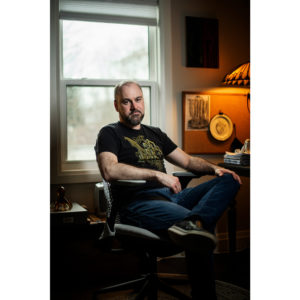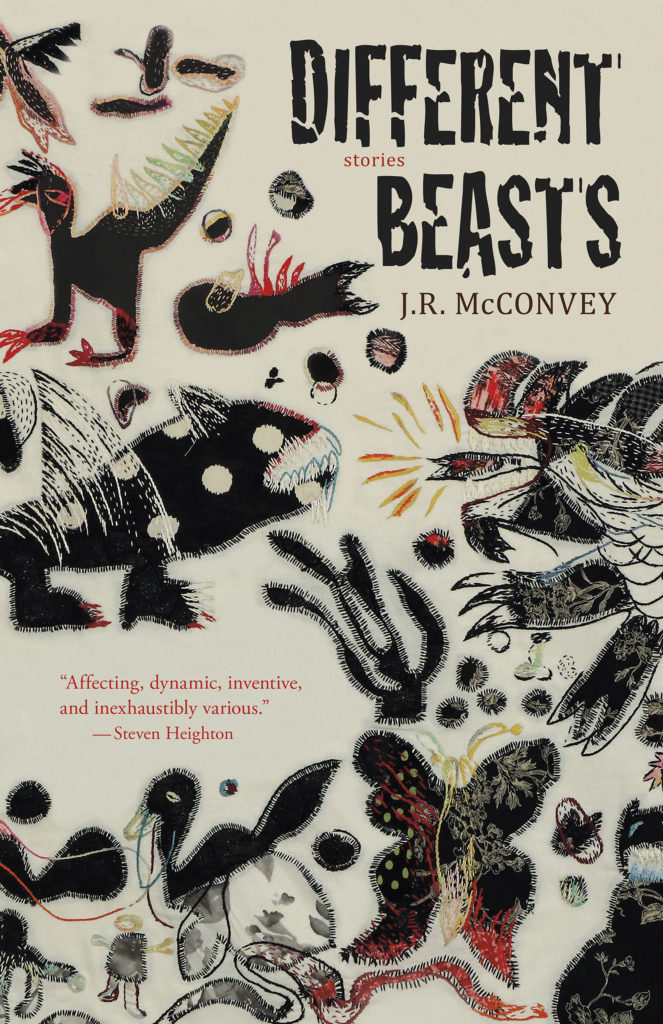
1. Your newest book Different Beasts is fiction, but is there any element of reality in the twelve stories?
I’ve often looked to news items and current events as sources for ideas, so many of these stories did begin, however loosely, in reality. I suspect these stories have the same relationship to reality as most fiction: many of them were sparked by a real-life event or person, but over time they evolved into their own beasts, wholly separate from the facts that inspired them. This is true to different degrees, depending on the story. For instance, the anti-immigration protagonist in “Little Flags” is based on a real person, whom I read about in an article years ago. I stole and modified a few facts, then imagined the rest. That said, I’ve found that (sadly) with a couple of the stories, reality has sort of caught up with the fictional elements. Stories like “Little Flags” and “Lehaki Sinking” appear to be more realistic now than they were when I began writing them.

2. What do you hope readers take from reading Different Beasts?
Primarily, I want readers to enjoy themselves. It’s important for me that my fiction be readable and (when appropriate) fun. On a deeper level, I suppose I’d like the book to raise questions about how we classify monstrosity, and how we’ve framed our relationships with the natural world and with each other. Emphasizing difference is often the easiest way to relate: I am me, and you are not me; or, we are humans, which is different than nature. Much more difficult is finding the commonalities that will allow us to understand one another, even in our moments of deep darkness. Not to say difference isn’t important, or that the ways in which our responses to it have manifested through history do not need to be interrogated. They do, and we need to face how this oppositional mindset plays into our societal biases and prejudices. Still, I think it’s crucially important to recognize that we are all part of the same planetary social and ecological system, no matter how we might behave in any given moment. The Other is something we create: every monster that’s ever existed is born in the human imagination.
3. Why do you write? What inspires you?
Superficially, the reasons I write have changed over time. But the truth is, I have to. I’ve tried quitting; it doesn’t work. So it’s either an insatiable passion or an incurable pathology. Take your pick.
4. Why are you participating in Canzine? Is this your first time?
I’m participating in Canzine Toronto and Canzine Ottawa. Both because I want to get out and talk to readers, and because I’m a longtime admirer of Broken Pencil and zine culture. It’s so full of ideas and creative energy.
